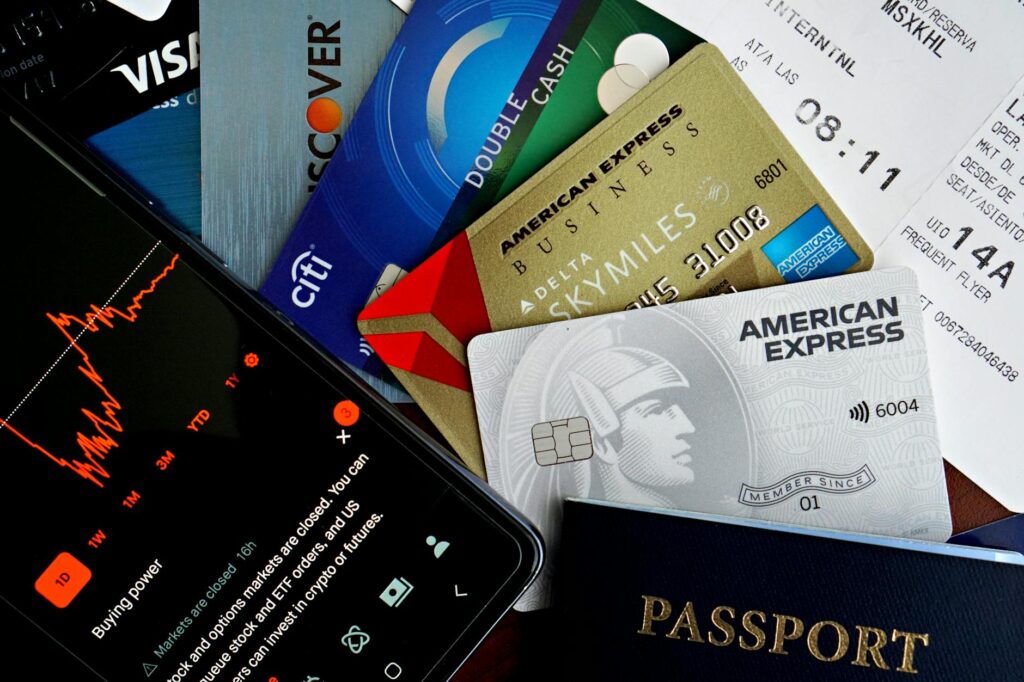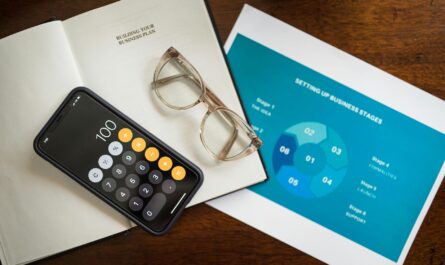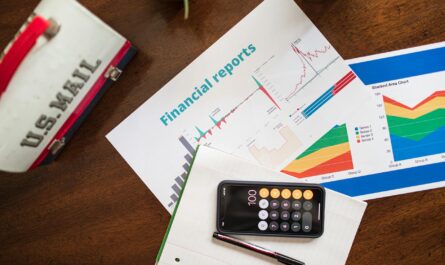Understanding the difference between essential and discretionary spending is crucial for effective personal finance management. It allows you to prioritize needs, control spending, and achieve your financial goals. This post will break down the core concepts and help you differentiate between these two crucial categories.
Essential Spending: Needs vs. Wants
Essential spending covers the fundamental needs for survival and maintaining your current standard of living. This includes housing (rent or mortgage), utilities (electricity, water, gas), groceries, transportation, healthcare, and debt payments (minimum payments). It’s vital to meticulously track this category to ensure you’re not overspending on necessities. 
Discretionary Spending: Wants and Desires
Discretionary spending encompasses all expenses beyond the essentials. This category is where you can truly personalize your budget. It includes dining out, entertainment, travel, shopping for non-essential items, subscriptions, and hobbies. While tempting, controlling discretionary spending is key to saving money and reducing financial stress. Learning to prioritize within this category will contribute greatly to your long-term financial health. Learn more about budgeting techniques.
Budgeting and the 50/30/20 Rule
A popular budgeting method is the 50/30/20 rule. This guideline suggests allocating 50% of your after-tax income to essential spending, 30% to discretionary spending, and 20% to savings and debt repayment. While not a rigid rule, it serves as a helpful framework. You can adjust these percentages based on your individual circumstances and financial goals. Consider using a budgeting app like this one to help you track and manage your finances effectively. 
Tracking Your Spending: The Importance of Monitoring
Regularly monitoring both essential and discretionary spending is crucial. This allows you to identify areas where you can cut back or make adjustments. Creating a detailed budget and tracking your spending through spreadsheets, apps, or even a simple notebook can provide valuable insights. Understanding your spending patterns will empower you to make informed decisions about your money. Check out our tips on effective money management.
Cutting Back on Discretionary Spending: Practical Tips
If you’re struggling to meet your savings goals or manage debt, consider reviewing your discretionary spending. Small changes can make a big difference. Identify areas where you can reduce spending without significantly impacting your quality of life. Perhaps try cooking at home more often instead of eating out, or explore free or low-cost entertainment options. Remember, every little bit counts! [IMAGE_3_HERE]
The Power of Prioritization
Ultimately, effectively managing your finances hinges on prioritizing your spending. By clearly defining your essential needs and carefully evaluating your discretionary wants, you can create a budget that supports both your present needs and future aspirations. This involves making conscious choices and aligning your spending with your overall financial objectives. Consider seeking professional financial advice if you are struggling to make sense of it all; find a certified financial planner here. Effective financial planning isn’t just about numbers; it’s about consciously designing a financial life that supports your well-being and aspirations.
Remember to always review and adjust your budget as your circumstances change. This proactive approach ensures your financial plan remains relevant and effective.
Frequently Asked Questions
What are some examples of essential expenses? Rent or mortgage payments, utilities, groceries, transportation costs, and healthcare expenses are all examples of essential spending.
How can I cut back on discretionary spending? Start by tracking your spending to identify areas where you can reduce expenses. Consider alternatives like cooking at home more often, enjoying free activities, or finding budget-friendly entertainment options.
What resources are available to help me manage my finances? Many online budgeting tools, financial planning apps, and websites offer resources and support for effective personal finance management. You can also consult with a financial advisor for personalized guidance. Here’s a helpful budgeting website.
Is it okay to occasionally deviate from my budget? Life happens! It’s okay to have some flexibility. The key is to stay mindful of your spending and get back on track as soon as possible. The important thing is to have a plan and stick to it as much as possible.
How often should I review my budget? Aim to review your budget at least monthly, or even more frequently if your financial situation changes significantly.



